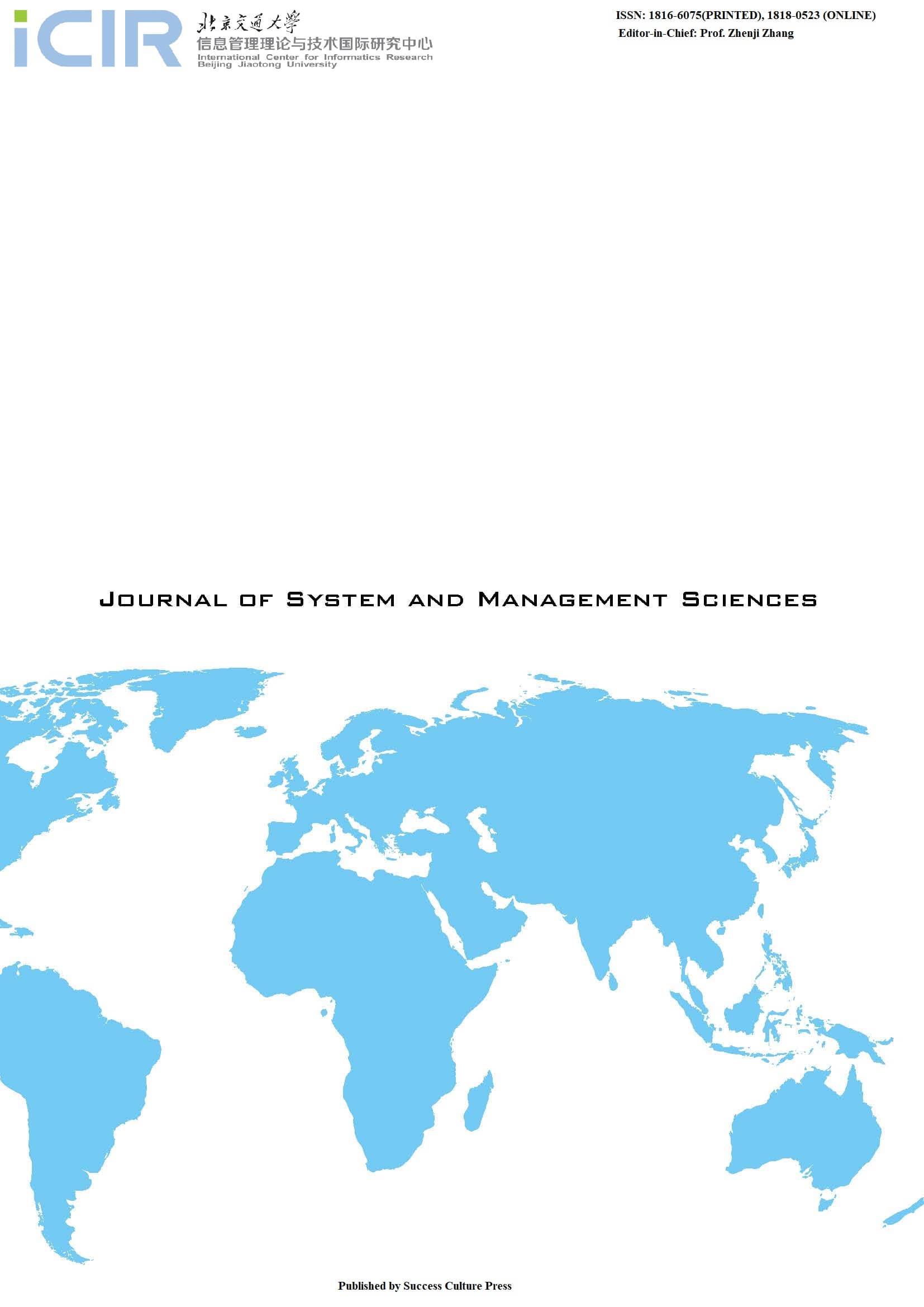Factors Influencing Sustained Adoption of Online and Offline Sales Channels by Food and Beverage MSMEs
Date
2024Author
Tanamal, Rinabi
Mertadana, Angellie Ennovaryn
Mahazoya, Aqilla Shahbani
Wiradinata, Trianggoro
Dewi, Liliana
Metadata
Show full item recordAbstract
The COVID-19 outbreak and restrictions on movement from the government in
the form of lockdowns or restrictions on community activities have resulted in difficulties for
the economy of the retail sector, especially food and beverage, where offline retail has
experienced a drastic decrease, online retail has increased but not as much as offline decrease,
and in general, the performance of the retail industry in Food and Beverage is not as good as
before the pandemic. This study analyzed factors influencing the adoption of omnichannel
retail strategies by food and beverage MSMEs during COVID-19 recovery using the
Expectation Confirmation Model. Surveys of Retail respondent was collected from 150–200
respondents at Surabaya, East Java other than Surabaya, West Java and outside Java
owners/managers were analyzed via PLS-SEM. How to maintain Food and Beverage
performance through an omnichannel strategy where offline retail performance is restored,
and online performance is maintained so it doesn't go down using technology assistance. It is
hoped that the factors that influence the recovery of offline Food and Beverage retail and how
to maintain online Food and Beverage performance in an omnichannel context can be
explained. A theoretical framework called the Expectation-Confirmation Model (ECM) will
be used to test and explain the influencing factors in Omnichannel Food and Beverage Retail,
so that the main hypotheses of this study are customer satisfaction, perceived enjoyment, and
consumer trust in technology that will affect the use of (continuance intention to use) delivery
service. The benefit of the results of this research is that industry players can maintain the
performance of online delivery services while at the same time restoring offline retail
performance. The findings provide practical insights into maintaining online delivery services
while revitalizing offline sales. Targeted efforts to build Trust, Perceived Enjoyment, and
Satisfaction will strengthen omnichannel integration.

